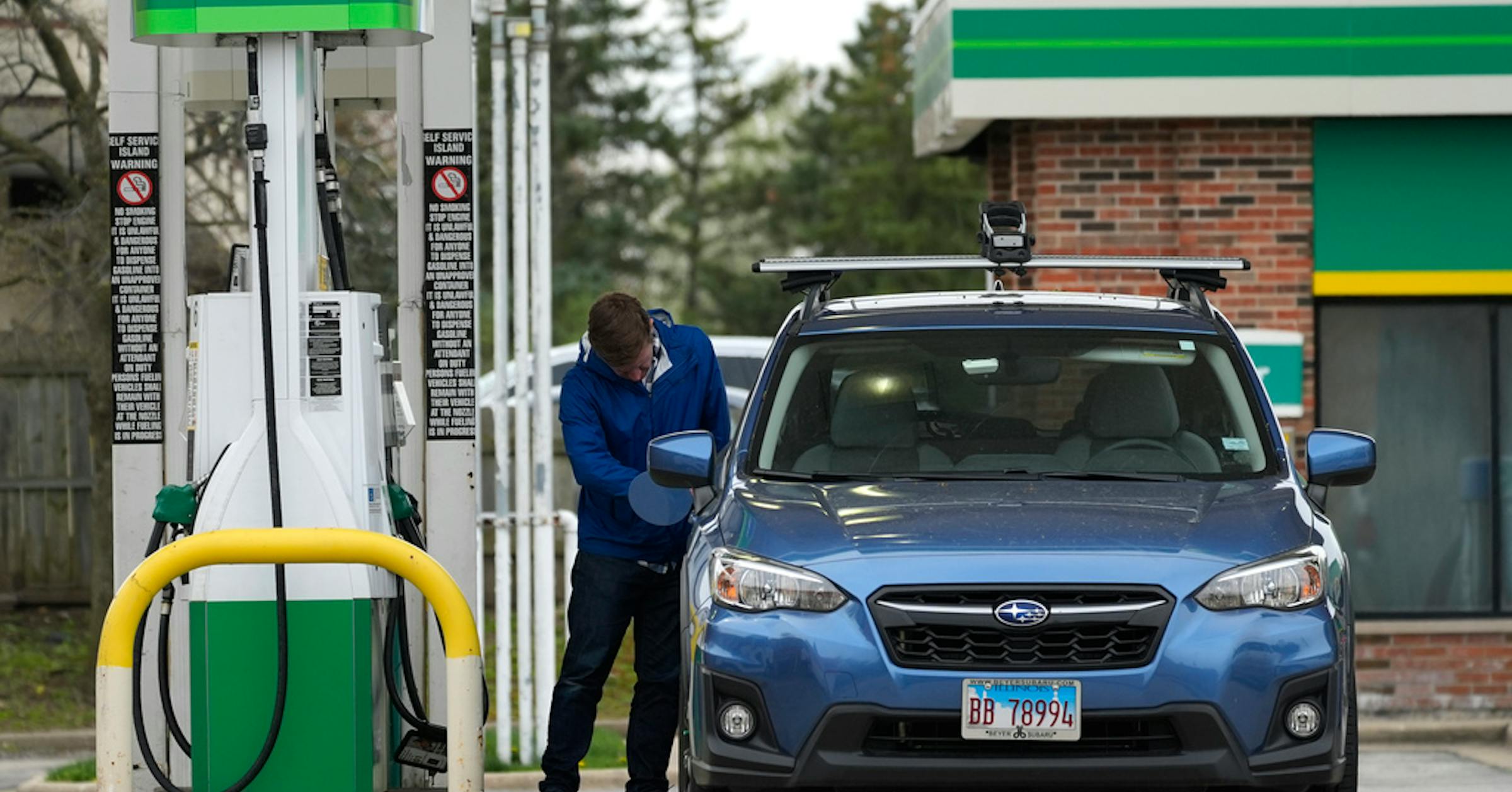Travel
July 4th travel expected to set US, TN records: What to know before you go

(The Hill/WKRN) — The number of people traveling for the Fourth of July is expected to set a new national record, as well as a new record in Tennessee, according to projections from AAA.
AAA predicted in a press release on Thursday, June 20 that 70.9 million people will be traveling 50 miles or more the week of July 4. This is 5% higher than the number of people who traveled for the holiday last year and up 8% from 2019’s numbers, according to the company.
“With summer vacations in full swing and the flexibility of remote work, more Americans are taking extended trips around Independence Day,” said Paula Twidale, senior vice president of AAA Travel. “We anticipate this July 4th week will be the busiest ever with an additional 5.7 million people traveling compared to 2019.”
Of those 70.9 million travelers expected across the U.S. during the holiday period, AAA estimated 1.6 million will be Tennesseans, which is up from 1.5 million in 2023 and 1.2 million in 2022.
As for modes of transportation, AAA forecasted that a record 60.6 million people will be traveling by car for the holiday, which is 2.8 million more than those who traveled by car last year. It is also up from the number of people who traveled by car in 2019, when 55.3 million people did so.
Meanwhile, road travel in the Volunteer State will set a record for the second consecutive year. According to AAA, more than 1.4 million Tennesseans are expected to take a road trip, which is 63,500 more than last year.
However, Tennessee drivers are currently paying less on gas than they did last Independence Day, when the state average was reportedly $3.06. While gas prices have been moving lower lately, experts said that downward trend could reverse course if oil prices rise due to geopolitical tensions or severe weather threatening oil rigs and refineries along the Gulf of Mexico.
“Road travelers should prepare for congestion in the afternoon and evening hours, particularly near larger metro areas, theme parks and popular attractions,” said Megan Cooper, a AAA spokesperson. “With so many people on the road it’s important to be patient, minimize distractions while driving, and move over for people on the roadside.”
INRIX, a provider of transportation data and insights, said the worst times to travel by car before and on July 4 are between 2 p.m. and 7 p.m., so drivers are encouraged to hit the road in the morning. As for travelers returning on July 8, they should avoid rush hour traffic in the morning and afternoon.
“Drivers in large metro areas can expect the worst traffic delays on Wednesday, July 3rd, as they leave town, and Sunday, July 7th, as they return,” said Bob Pishue, transportation analyst at INRIX. “Road trips over the holiday week could take up to 67% longer than normal. Travelers should monitor 511 services, local news stations, and traffic apps for up-to-the-minute road conditions.”
The best and worst times to travel by car through metro areas over the holiday week are listed below:
| Date | Worst Travel Time | Best Travel Time |
| Monday, July 1 | Minimal traffic impact expected | |
| Tuesday, July 2 | 2 p.m. to 6 p.m. | After 7 p.m. |
| Wednesday, July 3 | 2 p.m. to 7 p.m. | Before noon |
| Thursday, July 4 | 2 p.m. to 7 p.m. | Before noon |
| Friday, July 5 | 11 a.m. to 4 p.m. | Before 10 a.m. |
| Saturday, July 6 | 10:30 a.m. to 2:30 p.m. | Before 10 a.m. |
| Sunday, July 7 | 2 p.m. to 8 p.m. | Before 11 a.m. |
| Monday, July 8 | 1 p.m. to 5 p.m. | After 7 p.m. |
Due to the record-high number of road trips forecasted for Fourth of July week, AAA teamed up with Chicco to share safety tips for families with small children:
- Check the fit of the car seat. Before you hit the road, check your child’s weight and height to make sure they’re in the right seat and mode of use, especially when it comes to transitioning from rear-facing to forward-facing. Children should stay rear-facing as long as possible in order to better protect their head, neck, and spine in the event of a crash. If you aren’t sure which car seat is best for your child, Chicco offers a car seat comparison guide.
- Double check the car seat installation. Even if your car seat is already installed in the car, it’s worth making sure everything is safe and secure, like with the “inch test.” Simply grab the seat at the car seat belt path and pull it from side to side and front to back. If it moves more than an inch in any direction, uninstall it and start over until the seat fits securely. For any questions, use the car seat manual, QR codes, or online resources like those offered by Chicco.
- Secure loose items in the car. Take some time to clean up your car before hitting the road. An easy way to make sure everything has a spot — including loose items that can become projectiles during a sudden stop — is by using storage organizers that secure to the back of the driver and passenger seats.
- Prepare for the unexpected. Pack an emergency kit with first-aid supplies, water, snacks, blankets, jumper cables, and flares. Also, make sure your phone is fully charged — and keep a charger in the car — to call AAA or request roadside assistance digitally if your battery dies, you lock yourself out, or you need a tow.
- Map your route. Families with young children should plan for frequent and longer stops along the way. Not only can you use AAA TripTik to map out your route ahead of time, but you can browse hotels, restaurants, and other activities along the way with AAA Trip Canvas.
- Bring entertainment. Place toys and books within reach to keep children entertained. If your kids use tablets or other electronics, make sure the devices are fully charged and pre-downloaded before leaving home. You can also get the whole family excited for the road trip by creating a family playlist of everyone’s favorite songs.
The organization noted in its report that the number of people traveling by air has also reached a new high, with 5.74 million people predicted to fly to their Fourth of July celebrations around the U.S. This is 7% more than last year and 12% more than 2019.
For Tennesseans, AAA estimated approximately 71,806 would travel domestically by air, up from 67,810 in 2023 and 55,261 in 2022.
AAA booking data shows domestic airfare is 2% cheaper this Independence Day week compared to last year, with the average price for a domestic roundtrip ticket costing about $800.
Since airports will be packed throughout the week, AAA recommends arriving two hours early, reserving parking ahead of time, and traveling with carry-on luggage rather than checked bags to save time and money.
Meanwhile, about 4.62 million people are planning to travel for Independence Day by other methods — including buses, cruises, and trains — per the report. Approximately 71,975 of those people are expected to be Tennesseans.
“Cruising continues experiencing remarkable growth,” Debbie Haas, vice president of travel for AAA, said. “This time of year, Alaska cruises are in high demand, making Seattle and Anchorage top domestic destinations. Cruise travelers are also finding deals this summer. With new ships coming onto the market – and going for a premium – working with a Travel Advisor is a great way to ensure you’re getting the best value for your vacation. Travel Advisors are also able to help you choose a travel insurance policy that protects you and your investment for the impact of unexpected events before and during your trip.”
AAA noted that the travel period for the holiday is June 29 to July 7. The company said this is the first year that the travel period is a longer timeframe because there are two weekends included.
Travel around the Fourth of July holiday last year also saw a record-high forecast from AAA, which projected that 50.7 million people would travel.









